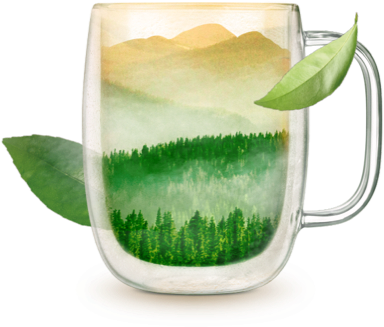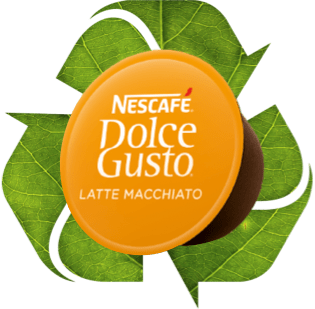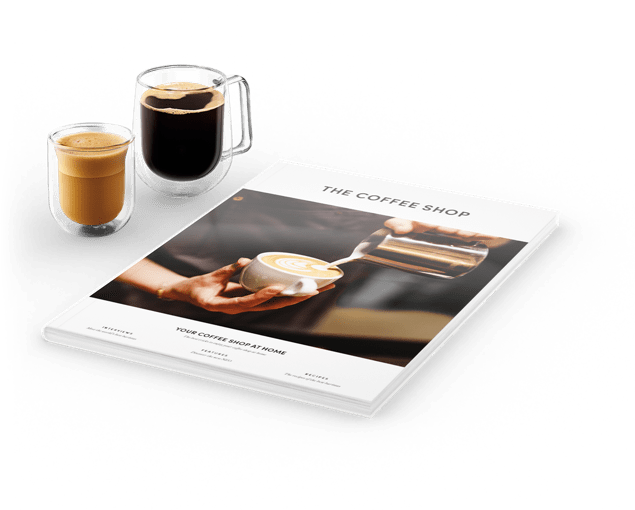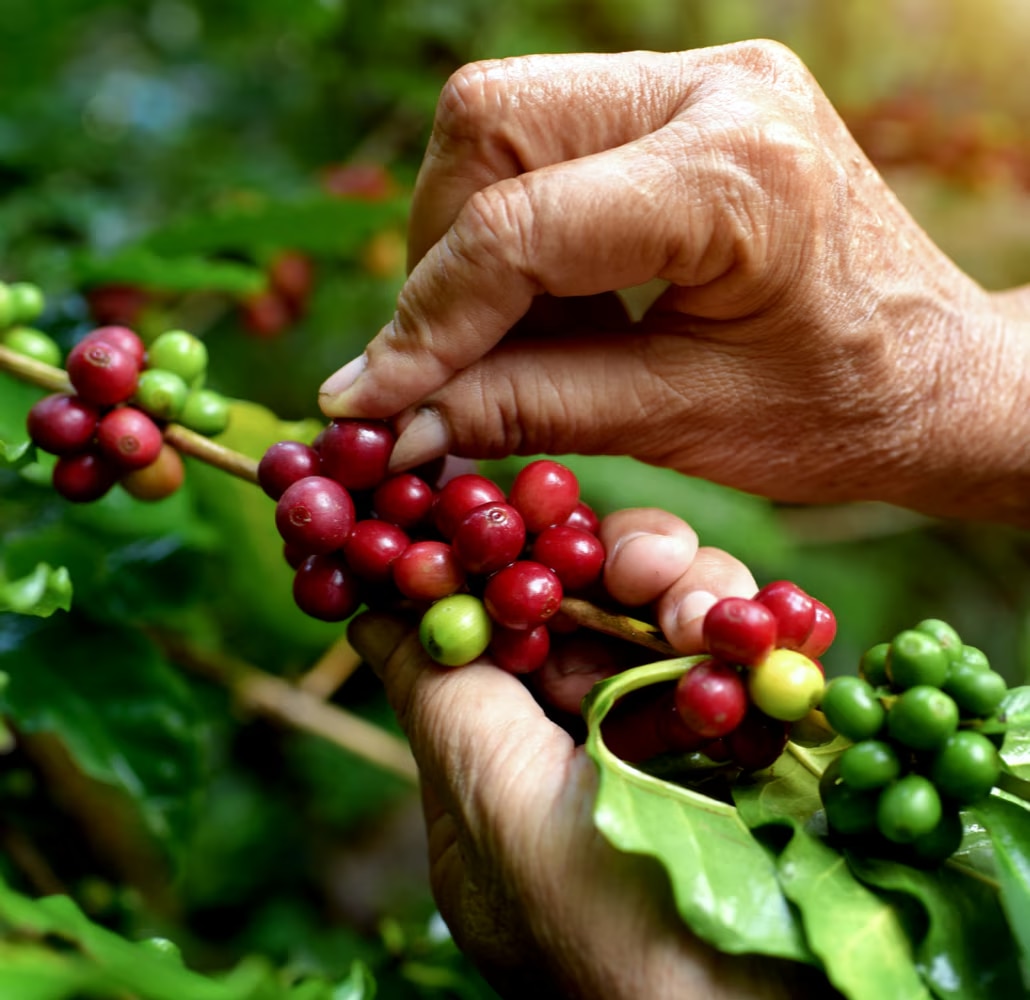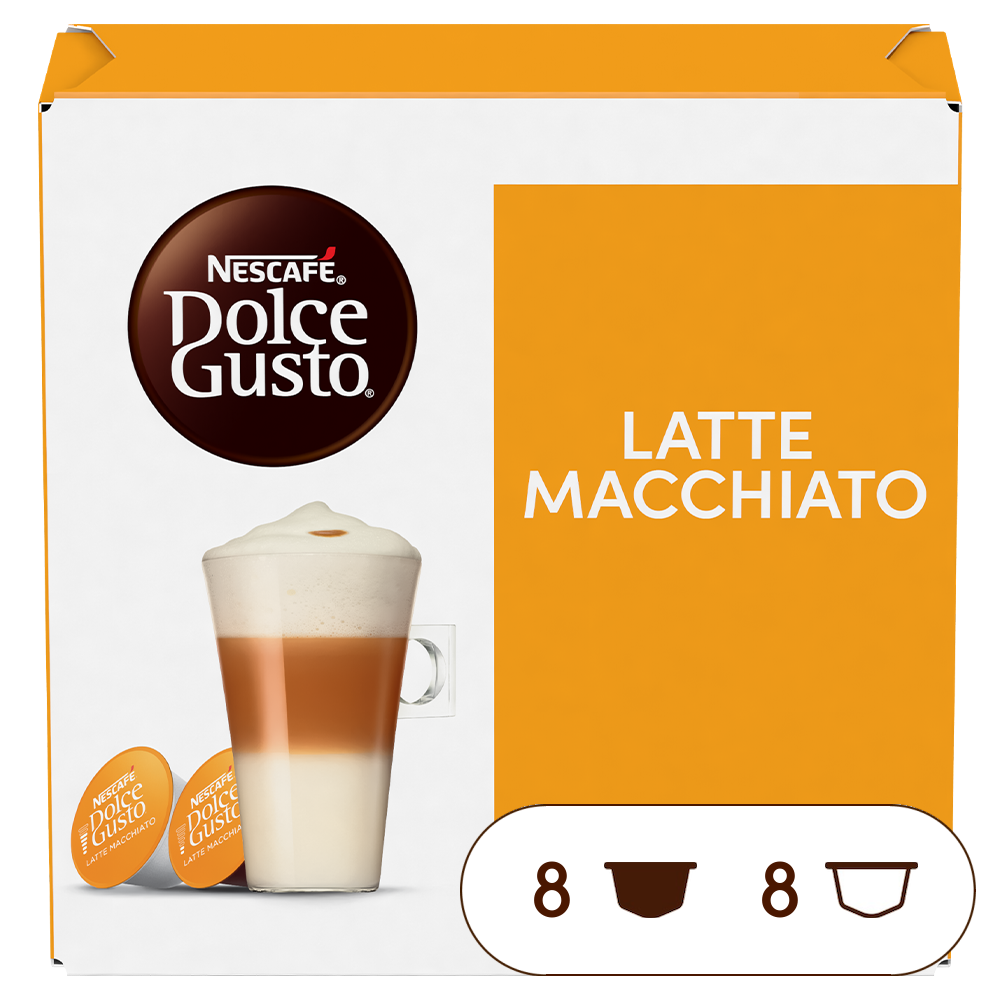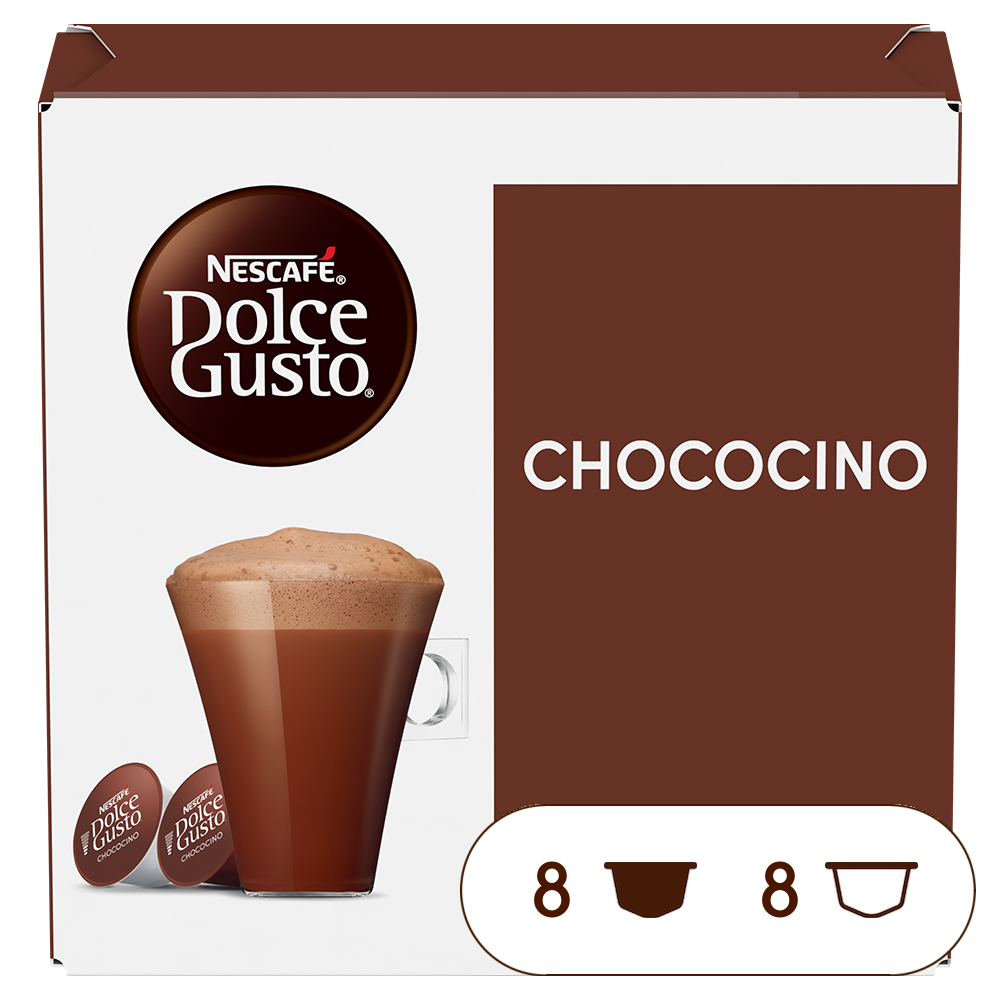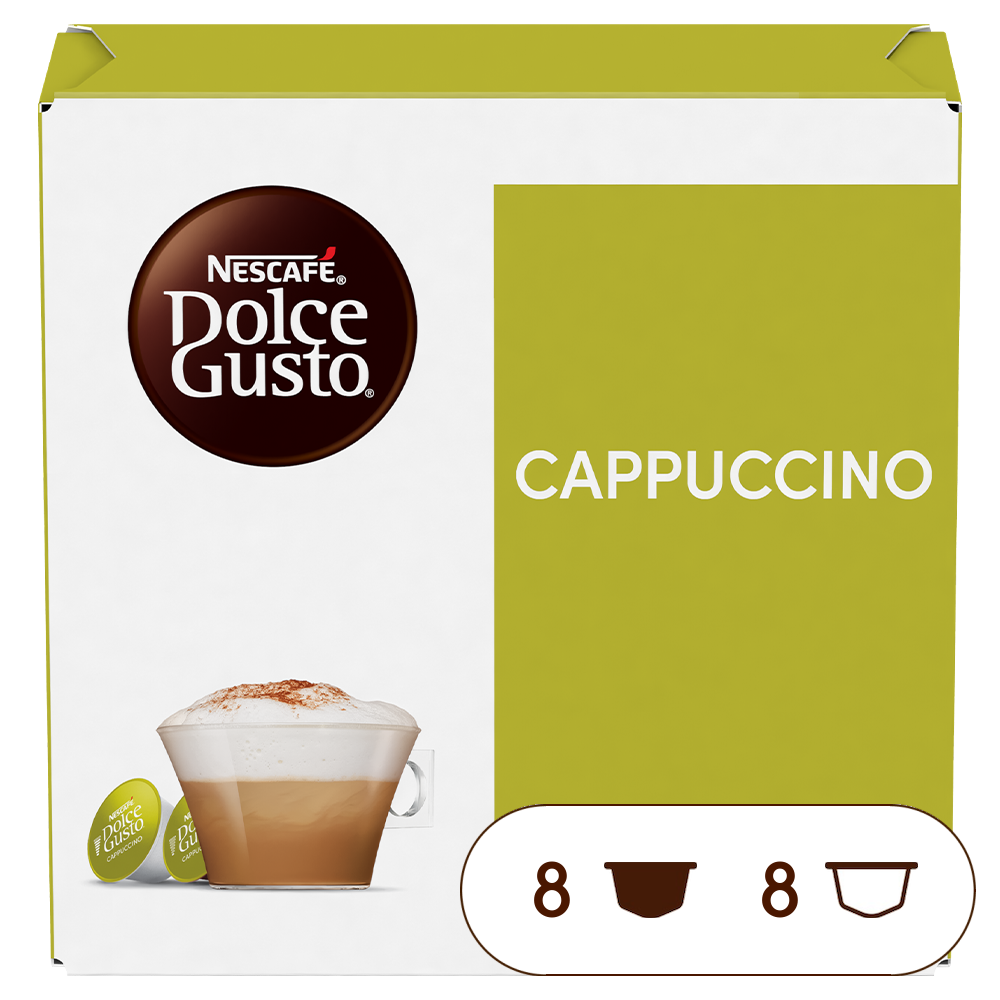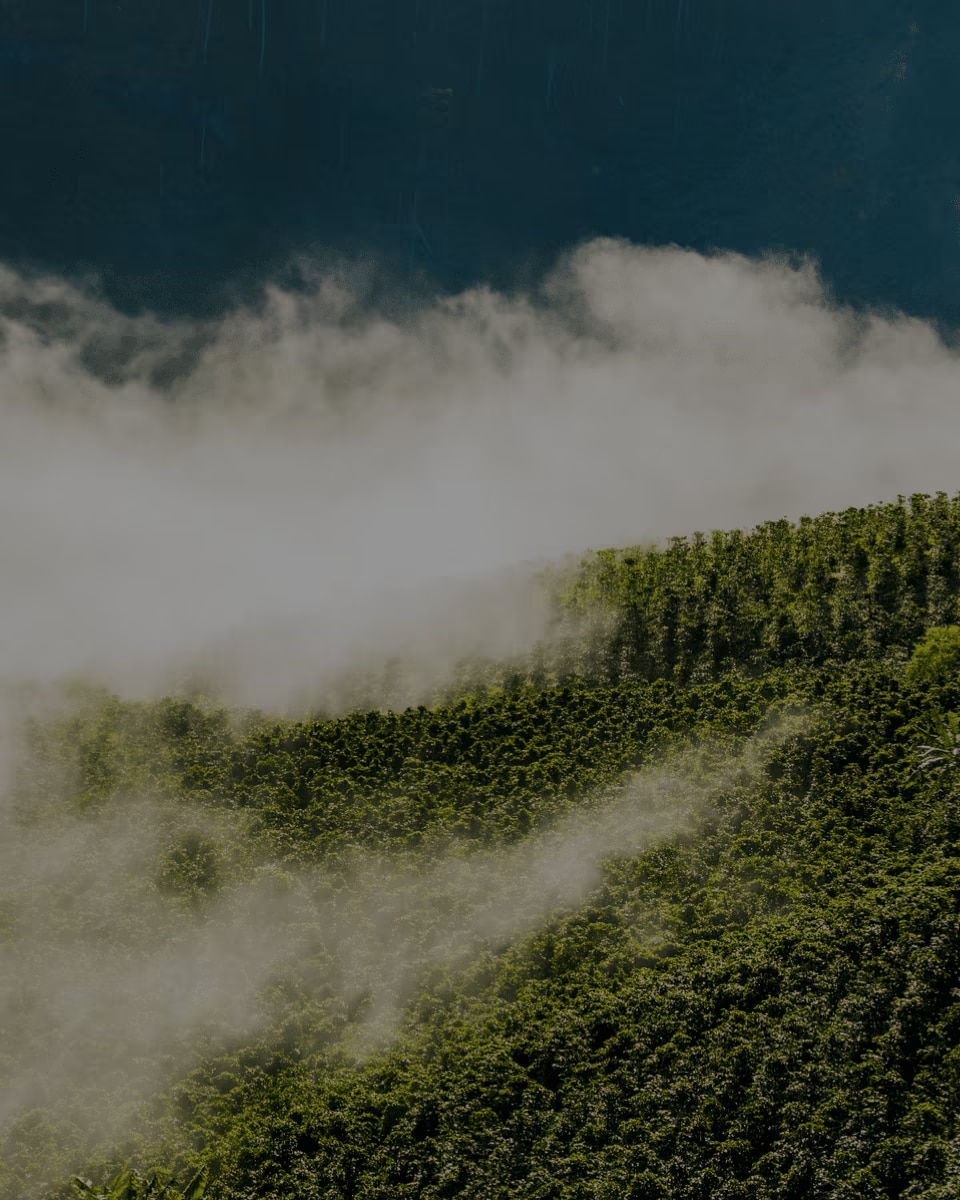What are coffee beans?
1. Robusta coffee beans
Curious about the taste?
Robusta beans are known for their bold, intense flavour—ideal for strong espresso blends like NESCAFÉ® Dolce Gusto® Espresso Intenso, which delivers the powerful kick you need to jump-start your day. Compared to other sorts of coffee beans, it can sometimes come across as more bitter. In addition to its punchy taste, Robusta is also known for its powerful aroma, which enhances its intense, distinctive character.
2. Arabica coffee bean
Renowned for their sweet, delicate flavour and smooth texture, Arabica beans are low in bitterness—perfectly reflected in the mellow, all-day black coffee options from NESCAFÉ® Dolce Gusto®. The flavor profile of Arabica coffee can differ depending on the growing region, presenting a wide spectrum of tasting notes that appeal to coffee lovers across the globe.
3. Liberica coffee bean
Historically under the radar, Liberica coffee gained recognition in the late 1800s when it became a vital alternative for Southeast Asian farmers. This shift was triggered by a widespread fungal disease known as coffee rust, which devastated local Arabica coffee plantations and prompted growers to seek a more resilient coffee bean species.
Visually, the Liberica plant is larger and more robust than both Arabica and Robusta, producing cherries of irregular shapes and sizes—adding to its exotic appeal. Its adaptability to hot, humid environments has made it particularly popular with farmers in regions like Malaysia and the Philippines.
And the taste? Liberica is known for its bold and sometimes polarizing flavor profile—similar to marmite, people either adore it or steer clear. Many describe it as having woody, nutty, and intensely robust notes that give each cup remarkable depth. Still, for those who prefer a gentler brew, its strength may be a bit overpowering compared to other types of coffee beans.
4. Excelsa coffee bean
Often classified as a sub-group of Liberica, Excelsa is primarily cultivated in Southeast Asia and represents only a tiny share of global coffee output. So, what makes this coffee bean variety stand out? For one, its flavor is distinctly different from other types of coffee beans—with fruity notes that give it a refreshing and complex edge.
Here’s an interesting detail: Excelsa beans contain less caffeine than most other kinds of coffee beans, making them a great option for those seeking a gentler kick. Their fruity undertones create a layered taste that lingers on the palate and adds intrigue to each sip.
Though they may not be as well-known as Arabica vs Robusta or even Liberica, Excelsa coffee beans are frequently used in blends to add flavor complexity, rather than sold as stand-alone single-origin coffees. So, if you're looking to elevate your coffee experience with a touch of fruity complexity, Excelsa beans could be just what you're after. Or why not explore the full NESCAFÉ® Dolce Gusto® capsule range and discover a flavour blend that delights and surprises?
Which coffee beans should you choose for your coffee?
If you enjoy your coffee black—without cream or milk—Arabica is a great choice, thanks to its smooth, refined, and less bitter flavor profile. But if you're after something stronger and more assertive in taste, Robusta coffee offers a bold, intense experience that stands out.
Remember, coffee is a journey. There are many kinds of coffee beans to explore, from familiar varieties like Arabica vs Robusta, to rarer sorts of coffee beans like Liberica and Excelsa. The key is to experiment and discover what suits your taste best—especially with your own automatic coffee machine, which lets you recreate your favourite coffee shop experience right at home. Who knows? You might just discover a new favorite among the many types of coffee beans out there. Ever wonder why you enjoy your cup of Nescafé® Dolce Gusto® coffee so much? All thanks to our coffee tasters who ensure that you always get the bold, flavourful coffee you deserve."

















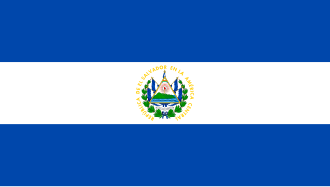




















































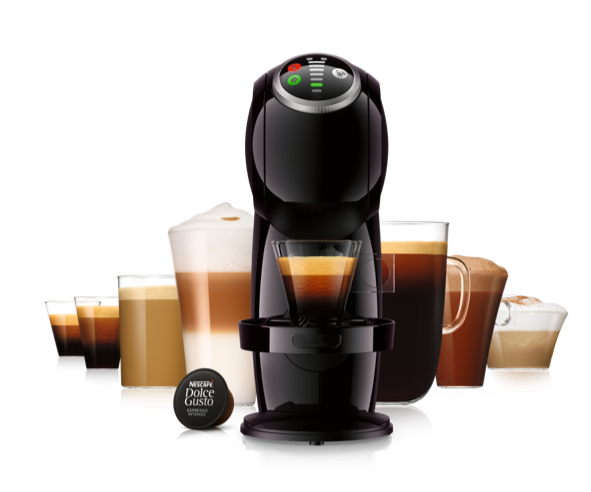
 Machine Help Center
Machine Help Center